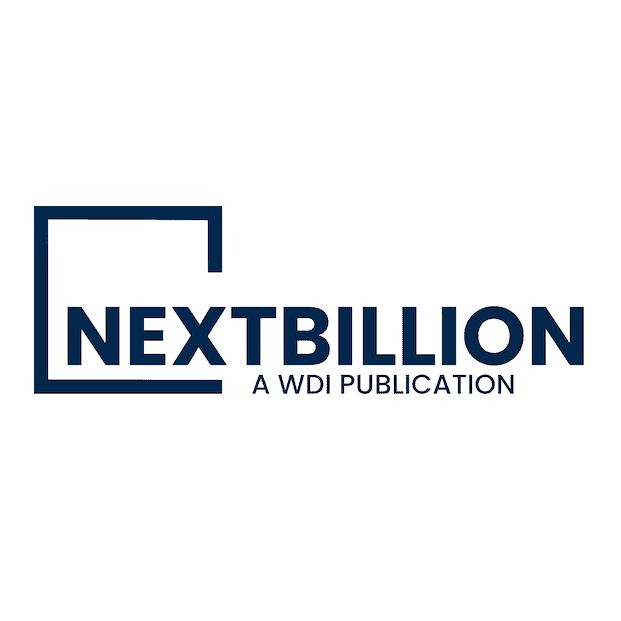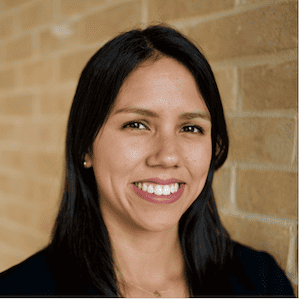-
Turning Failure into Fuel: An Emerging Learning Platform Aims to Bring the Hidden Challenges in Humanitarian Energy to Light
The humanitarian energy sector is eager to learn from success. But according to clean cooking and energy access researchers Nazifa Rafa, Tash Perros, Iwona Bisaga and Ronan Ferguson, its failures are usually buried in reports or quietly brushed aside, and there's often a disconnect between what’s documented in impact reports and what practitioners experience on the ground. They argue that this dynamic is unsustainable in a sector with high risks, urgent needs and shrinking funding. In response, they share an emerging solution: the Humanitarian Energy Learning Platform, a centralized, inter-donor learning system designed to highlight what’s going wrong in humanitarian energy access, and how practitioners can systematically learn from it.
- Categories
- Energy
-
Top-Down vs. Bottom-Up: Bhutan and Fiji’s Contrasting Paths to Digital Transformation Reveal the Pros and Cons of Government and Market-Driven Approaches
The pursuit of digital competitiveness — the capacity and readiness to adopt digital technologies — has led to remarkable success stories in emerging markets, transforming public infrastructure and enhancing the delivery of social and financial services. But as Neeraj Lekhwar and Garima Singh at FinValue Advisors explain, this path remains challenging for many nations — particularly small countries. They share insights from a FinValue study involving Bhutan and Fiji: two countries with comparable sizes and socioeconomic structures that have approached their digital transformation very differently. The policy paths they've taken present contrasting examples of digital adoption strategies that provide valuable lessons for other small markets.
- Categories
- Finance, Technology
-
Time is a Social Innovator’s Most Precious Resource: Why Are So Many Funders Wasting It?
For social entrepreneurs and civil society innovators, time is a perpetually scarce resource. But according to Tanner Methvin at Impact Amplifier, in his decades of engagement with these innovators and their funders, he has often been shocked by how wasteful some of the funding world is with the ecosystem’s time. He argues that many funders don't fully understand the time demands imposed by their cumbersome systems for applying for grants or investments, or responding to requests for proposals. He explores these inefficiencies, and proposes a better way for funders to support the social innovation community.
- Categories
- Investing, Social Enterprise
-
To Change the World, Change Your Economics: How Degrowth Can Shrink Overconsumption in the Global North While Allowing the Global South to Grow
The global economy largely operates under a neoclassical economic structure, which emphasizes a reliance on markets, a deference to the private sector and a focus on constant growth. But according to Matt Orsagh and Steve Rocco at the Arketa Institute, this structure has a fatal flaw: It operates on a planet with finite resources and limited places to put our waste, but assumes that economic growth can go on forever. They argue that the world needs a new form of economics that reflects our environmental realities, one focused on "degrowth" — i.e., an effort to equitably downscale production and consumption in the Global North, without putting undue restrictions on the development of the Global South. They explore what this change might mean for the world's economy, the investing community — and countries in the Global North and South.
- Categories
- Energy, Environment
-
The Emergence of InfraTech: How AI and Other Digital Technologies are Enabling Climate-Resilient Transportation Infrastructure in LMICs
An estimated 1 billion people around the world lack access to all-weather roads. As Caylee Talpert at AnyWay Solutions explains, this means that over 12% of the global population cannot travel to school or work reliably throughout the year. She highlights the impacts of this gap, and explores how artificial intelligence, satellite and drone technology, and other advanced "InfraTech" solutions are optimizing climate-resilient transportation infrastructure in low- and middle-income countries.
- Categories
- Technology, Transportation
-
Are Impact Investors Really Listening?: Why Capturing Stakeholder Insights is Key to Impactful Investment Strategies
Collecting data is easy for impact investors; acting on it is harder. As Taanya Khare at Acumen explains, most impact investment firms turn data-driven insights into action through intentional spaces like investment committees or portfolio review sessions. But she argues that listening is about more than surveys or feedback loops — it requires investors to sit down with company teams to make sense of customer insights, identify blind spots and co-create better solutions and impact strategies. She shares what Acumen has learned from embedding listening and impact management into every stage of its investment process.
- Categories
- Investing, Social Enterprise
-
Right Decision, Wrong Reasons: The Way Forward from the Attack on Global Aid
The global aid system is fracturing, with profound implications for the roughly 4 billion people who live on less than $7 a day — and especially for the 120+ million who have been forcibly displaced from their homes. But as Simon Marot Touloung, Elana Banin and Jakob Øster argue, while recent attacks on the system may be overly simplistic, they point to a real issue: Humanitarian aid had failed to evolve, and it is structurally incapable of catalyzing the long-term economic transformation displaced communities need. They explore some market-based alternatives to traditional aid, and propose five principles to guide the transition from the failing aid model toward new approaches that can actually deliver resilience and dignity.
- Categories
- Investing
-
Africa is Done Waiting: 10 Key Takeaways from Africa HealthTech Summit 2025
NextBillion was a media partner at last week's Africa HealthTech Summit in Kigali, Rwanda, which focused on the theme: “Connected Care: Scaling Innovation Towards Universal Health Coverage.” NextBillion managing editor James Militzer shares 10 takeaways from the event — and four video interviews with key thought leaders — covering topics that range from the role of the private sector in driving healthtech innovation, to the problem of "pilotitis" and the need for a new narrative around African development.
- Categories
- Health Care










